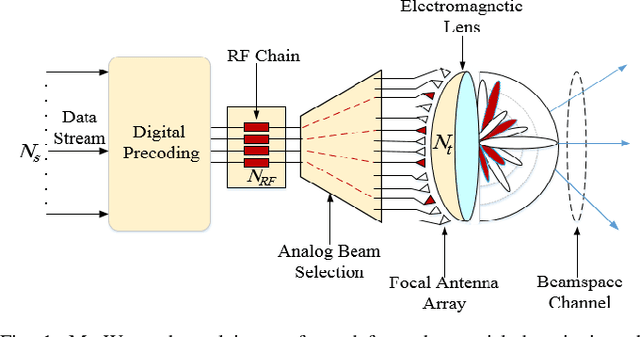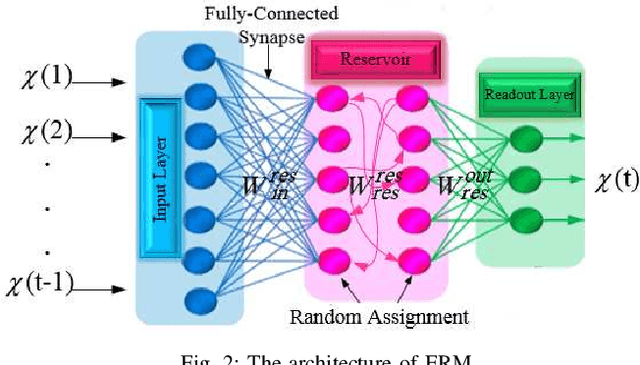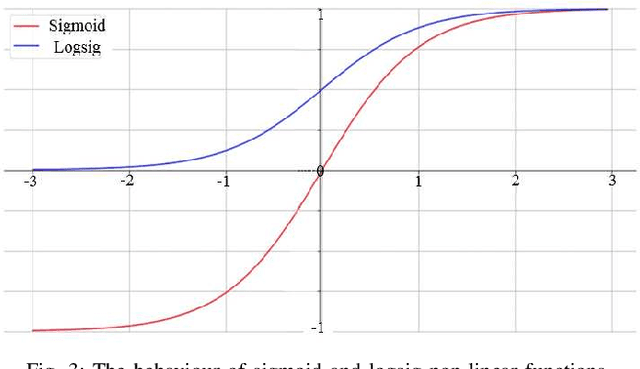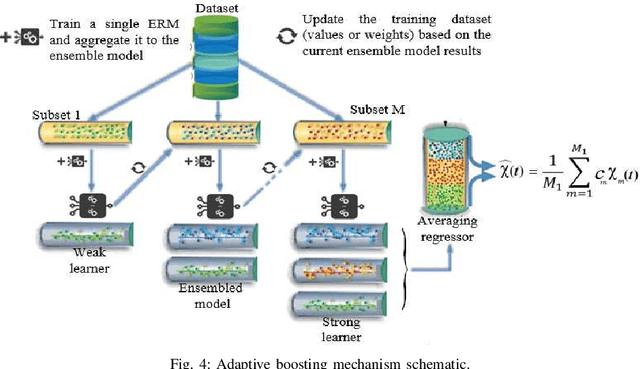Xavier-Enabled Extreme Reservoir Machine for Millimeter-Wave Beamspace Channel Tracking
Paper and Code
Jun 01, 2022



In this paper, we propose an accurate two-phase millimeter-Wave (mmWave) beamspace channel tracking mechanism. Particularly in the first phase, we train an extreme reservoir machine (ERM) for tracking the historical features of the mmWave beamspace channel and predicting them in upcoming time steps. Towards a more accurate prediction, we further fine-tune the ERM by means of Xavier initializer technique, whereby the input weights in ERM are initially derived from a zero mean and finite variance Gaussian distribution, leading to 49% degradation in prediction variance of the conventional ERM. The proposed method numerically improves the achievable spectral efficiency (SE) of the existing counterparts, by 13%, when signal-to-noise-ratio (SNR) is 15dB. We further investigate an ensemble learning technique in the second phase by sequentially incorporating multiple ERMs to form an ensembled model, namely adaptive boosting (AdaBoost), which further reduces the prediction variance in conventional ERM by 56%, and concludes in 21% enhancement of achievable SE upon the existing schemes at SNR=15dB.
 Add to Chrome
Add to Chrome Add to Firefox
Add to Firefox Add to Edge
Add to Edge